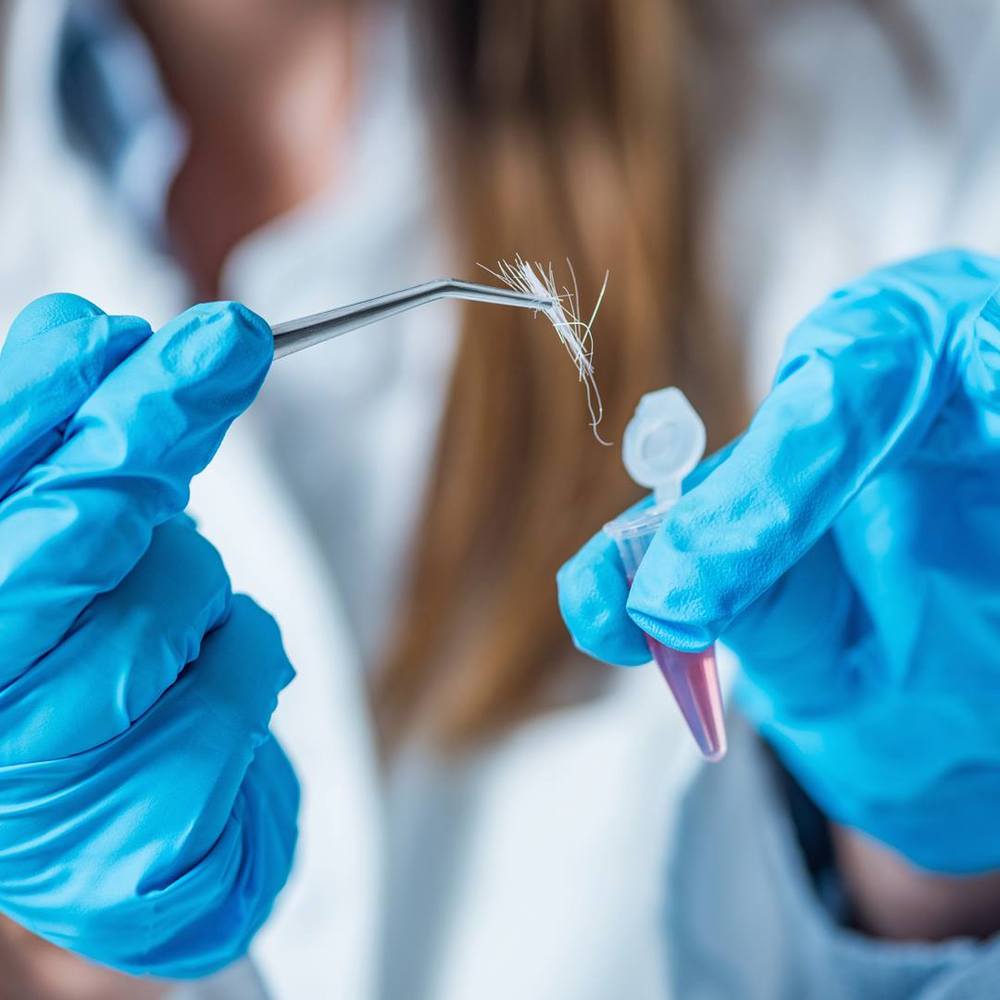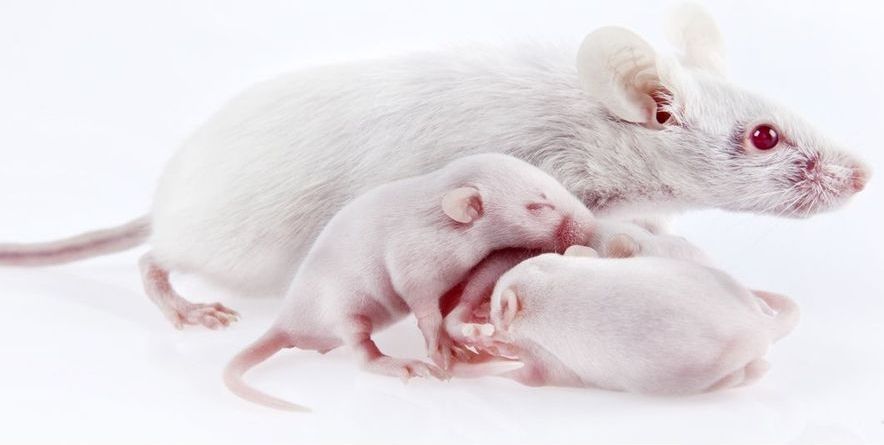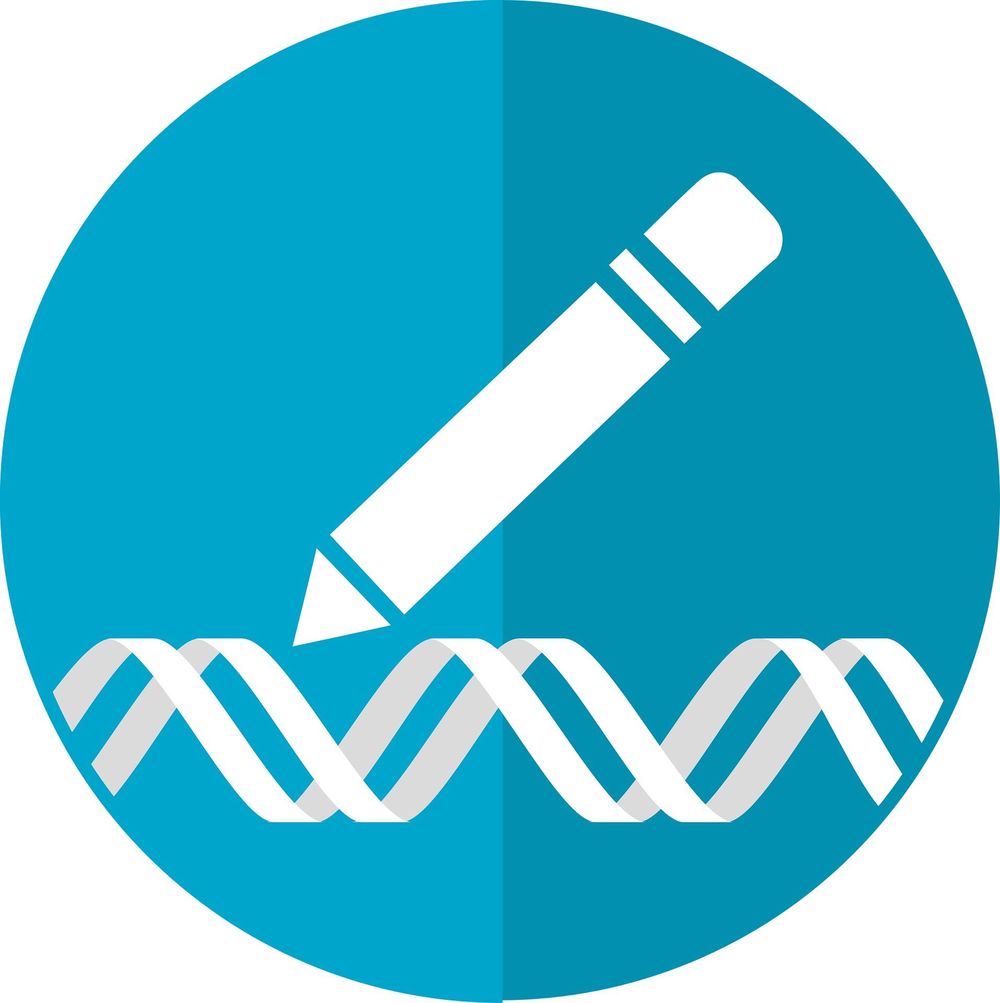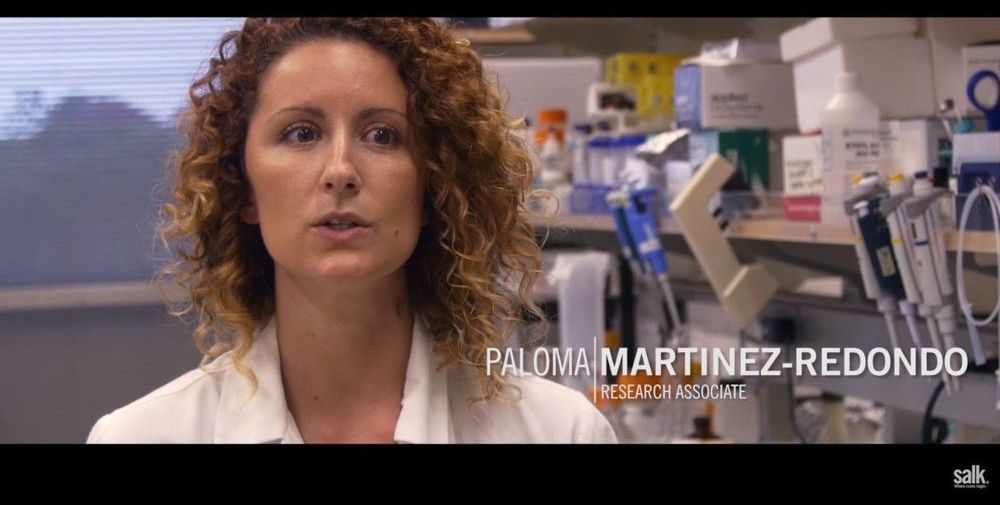Jan 25, 2019
A high-carb diet may explain why Okinawans live so long
Posted by Lilia Lens-Pechakova in categories: biotech/medical, genetics, life extension, neuroscience
A very good article on the studies on centenarians of Okinawa, on the importance of carbohydrate / protein ratio in diet, genes, calorie restriction and more: “… Genetic good fortune could be one important factor. Thanks to the geography of the islands, Okinawa’s populations have spent large chunks of their history in relative isolation, which may has given them a unique genetic profile. Preliminary studies suggest this may include a reduced prevalence of a gene variant – APOE4 – that appears to increase the risk of heart disease and Alzheimer’s. They may also be more likely to carry a protective variant of the FOXO3 gene involved in regulating metabolism and cell growth. This results in a shorter stature but also appears to reduce the risk of various age-related diseases, including cancer. Even so, it seems unlikely that good genes would fully explain the Okinawans’ longevity, and lifestyle factors will also be important…”
Emerging evidence suggests a 10:1 ratio of carbohydrates to proteins may protect the body from the ravages of ageing.

















